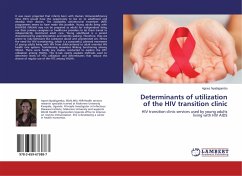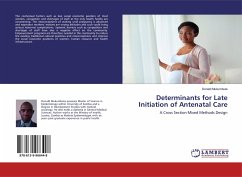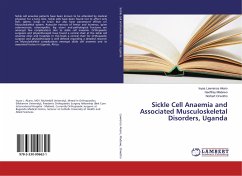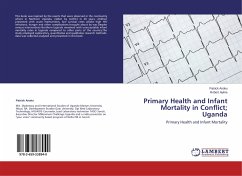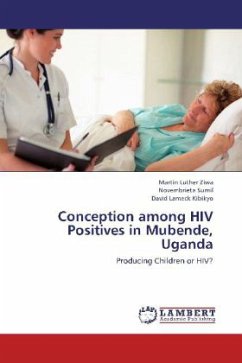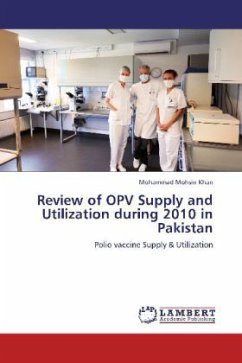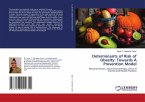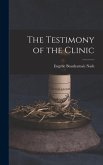It was never projected that infants born with Human Immunodeficiency Virus (HIV) would have the opportunity to live on to adulthood and develop their desires. The availability antiretroviral treatment (ART) programmes seems to have made this possible. Young adults living with HIV/AIDS (YALHA) may not be prepared as adults for independent living nor their primary caregivers or healthcare providers to let them transit to independently monitored adult care. Young adulthood is a period characterized by experimentation and identity seeking. Therefore, they are prone to risky behaviors like substance abuse and unprotected sex. Hence the need for HIV transitioning, which is a purposeful, planned movement of young adults living with HIV from child-centered to adult oriented HIV health care systems. Transitioning maximizes lifelong functioning among YALHA. There were hardly any studies conducted to explore the HTC utilization among YALHA. This b.ook clearly explains methods used to determine levels of HTC utilization and determinants that reduce the chance of regular use of the HTC among YALHA.
Bitte wählen Sie Ihr Anliegen aus.
Rechnungen
Retourenschein anfordern
Bestellstatus
Storno

